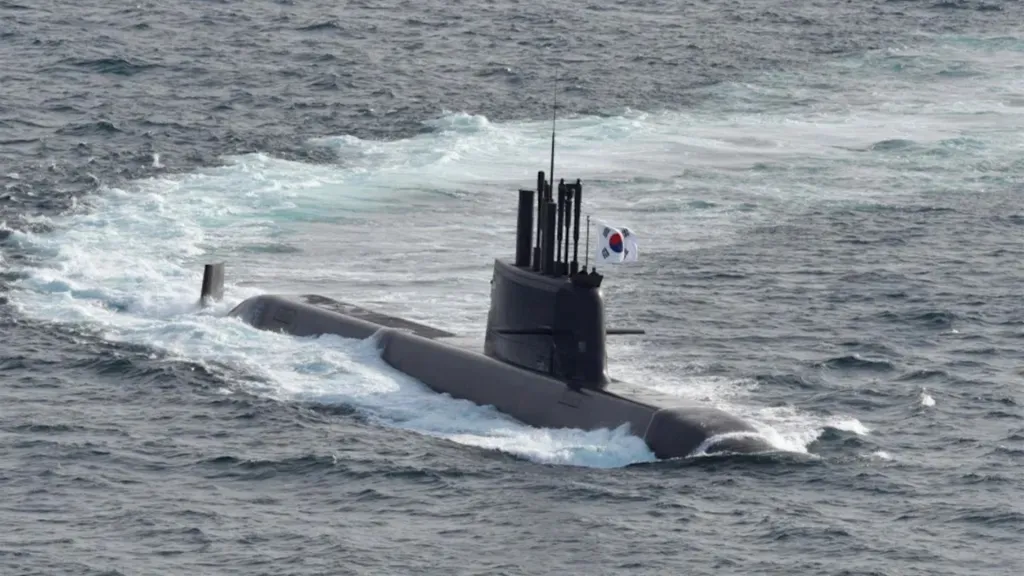The United States has thrown its full weight behind South Korea’s ambitious plan to develop nuclear-powered submarines, a move that underscores the deepening military alliance between the two nations and signals a strategic shift in regional defence dynamics. US Secretary of Defence Pete Hegseth made the announcement on Tuesday, reaffirming President Donald Trump’s earlier approval of the initiative during a joint press conference with South Korean Defence Minister Ahn Gyu-back in Seoul.
“President Trump has approved this historic step, and I want to reaffirm that decision,” Hegseth said. “As defence authorities, we will, of course, do our best to actively and fully support it.”
The decision marks a significant evolution in South Korea’s defence capabilities, as nuclear-powered submarines would provide Seoul with enhanced stealth, endurance, and strategic deterrence. The submarines are expected to be built at Hanwha Philly Shipyard in the United States, leveraging South Korea’s world-class shipbuilding expertise and deepening industrial collaboration between the two allies.
Hegseth emphasised that the US commitment extends beyond the Department of Defence, with the State Department and the Department of Energy also involved in the coordination process. “President Trump wants our allies to be strong, and the Republic of Korea is a model ally,” he said. “Because of that, the president has been open to Korea acquiring greater and more advanced capabilities.”
The approval comes after Trump announced his decision on social media following a summit with South Korean President Lee Jae-myung. The move is particularly notable given the constraints of the US-South Korea nuclear energy agreement, which prohibits Seoul from reprocessing spent nuclear fuel for military purposes without US consent. Washington’s green light effectively removes a major obstacle to South Korea’s nuclear submarine ambitions.
Beyond the immediate strategic implications, Hegseth highlighted the broader significance of the programme for bilateral defence cooperation. “South Korea has world-class shipbuilding capabilities, and the United States looks forward to expanding cooperation not only in submarines but also in surface warfare,” he said.
The decision is likely to reshape the security landscape in the Indo-Pacific, where nuclear-powered submarines are increasingly seen as a critical component of modern naval power. For South Korea, the acquisition of such capabilities would mark a major leap forward in its defence posture, particularly in the face of growing regional tensions.
As the two nations move forward with this historic initiative, the collaboration between US and South Korean defence industries will play a pivotal role in shaping the future of naval warfare. The programme could also set a precedent for other allies seeking to enhance their military capabilities through advanced nuclear technology, further solidifying the US commitment to strengthening its global partnerships.

